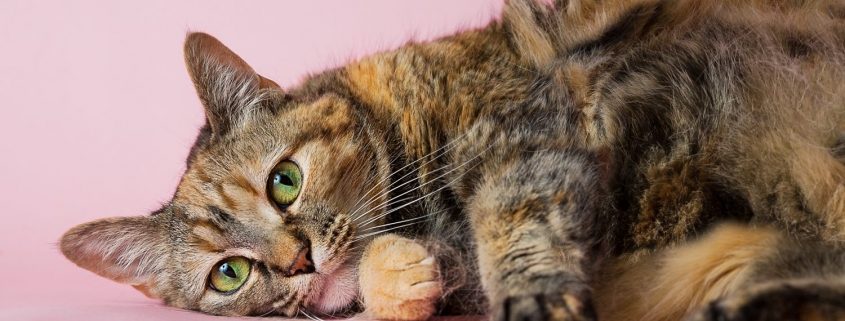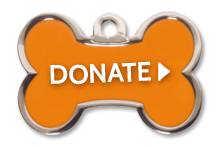Additional COVID-19 and Pets Information
 With the news that two pets in New York tested positive for the SARS-CoV-2 virus confirmed by the CDC we understand there may be increased worry about of the novel coronavirus and transmission between pets and people. There is still no evidence that pets can transmit the virus to their owners. The vast majority of animals that have tested positive for the virus were in homes with infected individuals and most had no symptoms.
With the news that two pets in New York tested positive for the SARS-CoV-2 virus confirmed by the CDC we understand there may be increased worry about of the novel coronavirus and transmission between pets and people. There is still no evidence that pets can transmit the virus to their owners. The vast majority of animals that have tested positive for the virus were in homes with infected individuals and most had no symptoms.
Pet owners are encouraged to continue to practice safe hygiene such as washing your hands for at least 20 second with hot water and soap, wearing a mask when in public, and maintaining social distancing; and taking preparatory precautions, such as limiting contact with pets outside of the household and ensuring that you have two weeks of supplies including pet food and medication on hand.
The American Veterinary Medical Association maintains its current recommendations regarding SARS-CoV-2 and animals. These recommendations, which are supported by guidance from the US Centers for Disease Control and Prevention (CDC) and World Organization for Animal Health (OIE), are that:
- Animal owners without symptoms of COVID-19 should continue to practice good hygiene during interactions with animals. This includes washing hands before and after such interactions and when handling animal food, waste, or supplies.
- Do not let pets interact with people or other animals outside the household.
- Keep cats indoors, when possible, to prevent them from interacting with other animals or people.
- Walk dogs on a leash, maintaining at least 6 feet from other people and animals. Avoid dog parks or public places where a large number of people and dogs gather.
- Until more is known about the virus, those ill with COVID-19 should restrict contact with pets and other animals, just as you would restrict your contact with other people. Have another member of your household or business take care of feeding and otherwise caring for any animals, including pets. If you have a service animal or you must care for your animals, including pets, then wear a cloth face covering; don’t share food, kiss, or hug them, and wash your hands before and after any contact with them.
- At this point in time, there is no evidence to suggest that domestic animals, including pets and livestock, that may be incidentally infected by humans play a role in the spread of COVID-19.
- Routine testing of animals for SARS-CoV-2 is NOT recommended. Veterinarians are strongly encouraged to rule out other, more common causes of illness in animals before considering testing for SARS-CoV-2
- Human outbreaks are driven by person-to-person transmission. Accordingly, we see no reason to remove pets from homes even if COVID-19 has been identified in members of the household, unless there is risk that the pet itself is not able to be cared for appropriately.
During this pandemic emergency, animals and people each need the support of the other and veterinarians are there to support the good health of both. Source: American Veterinary Medical Association.
If you have questions about your pets health, contact your vet. If you need assistance or have behavior questions, check out our Pet Resources available!







